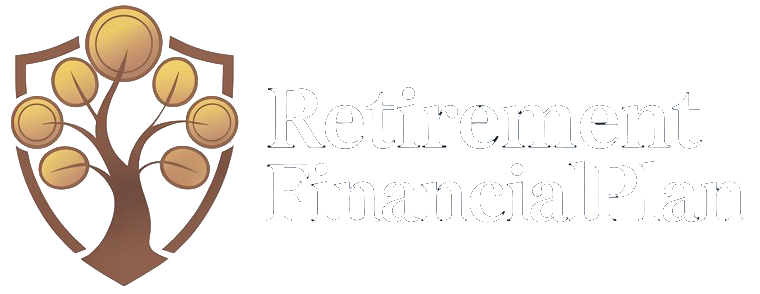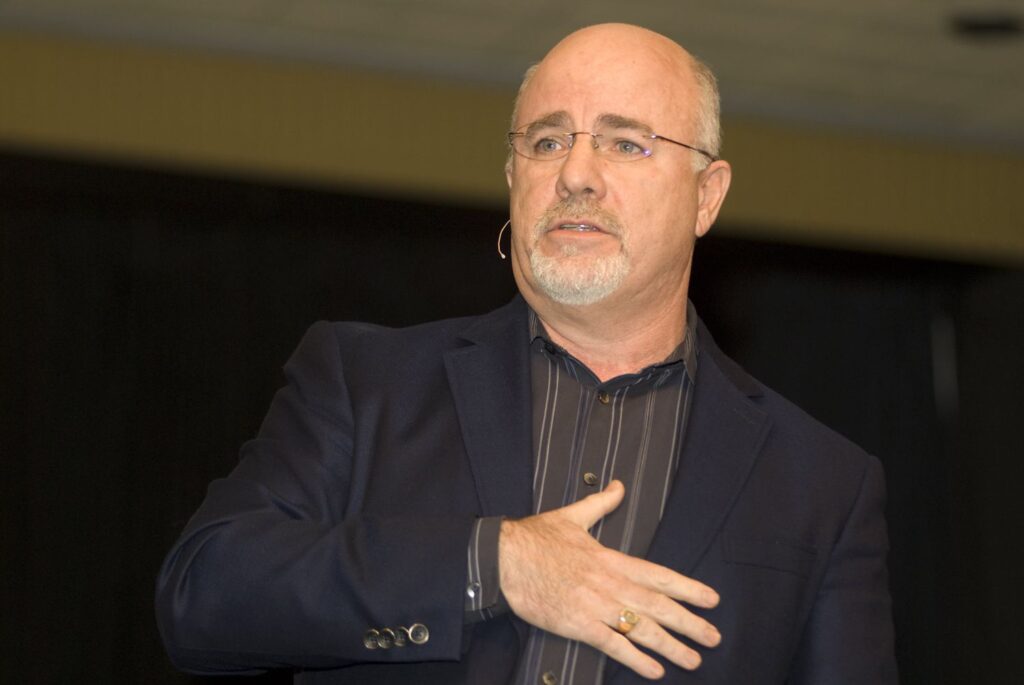Dave Ramsey has guided millions of Americans through their debt struggles, but his advice to hit “pause” on your 401(k) while you’re paying off debt could cost you tens of thousands of dollars you’ll never get back.
Pausing contributions forfeits employer matches, misses market rebounds that often follow market downturns, and derails the automatic savings that keep you on the path toward retirement. Financial advisors we spoke with say there’s a better way.
Why Pausing Can Be a Pricey Mistake
Here’s what you could lose if you stop contributing to your 401(k):
- You forfeit free money: Employer matches are real compensation, typically around 4% to 5% of salary. “It can make sense to contribute enough to get the match even when carrying high-interest debt,” David Tenerelli, a certified financial planner and financial advisor at Values Added Financial, told Investopedia.
- You miss out on compound growth: Two missed years in your 30s could mean tens of thousands less at retirement.
- Problems of opting out of automated saving: Automated 401(k) contributions are a form of dollar-cost averaging in disguise, automatically buying more shares when prices are lower. Opting out of that invites exactly the kind of timing mistakes that investors should avoid.
Two Goals, One Game Plan
Paying down high-interest debt doesn’t have to be your only focus.
“High-interest debt payoff and saving for the future…don’t have to be mutually exclusive,” Tenerelli said. While aggressively paying off your debts can work, he said that finding the right balance often helps you build more momentum on both fronts at once.
Brenton Harrison, a certified financial planner and founder of New Money, New Problems, agrees that the answer depends on your time horizon. “If high-interest debt is being repaid over a short period of time, it doesn’t concern me to the point where I’d recommend a client pause retirement contributions,” he said.
“When I see balances stay the same or increase year over year, and worse, if the client has no emergency reserves,” Harrison said, “it implies they’re putting money toward a stable retirement when their current situation is anything but.”
How To Do Both At Once
Here’s a practical sequence that enables you both to save and pay :
- “Contribute enough to the 401(k) to ensure you receive the maximum employer matching contribution (if one is offered), and direct any excess available cash to debt payoff,” Tenerelli said. That way, you’re not walking away from free money while you’re tackling the debt that’s costing you the most.
- Throw all available excess cash at high-interest balances, using avalanche or snowball methods.
- As your debt decreases, you can increase retirement deferrals to make up ground, aiming for a rate of 12% to 15%.
Important
If you have a 401(k) loan, leaving your job or defaulting on the loan can trigger taxes and penalties on the outstanding amount.
Smarter Moves for Special Cases
When your employer doesn’t offer a match: Focus on paying off your debt when the interest rate is more than 7% to 12%, Tenerelli suggests. Harrison frames it in terms of opportunity cost: paying off a 20% credit card beats typical market returns.
When money is tight: You can restructure your debt with a lower-interest loan or trim your spending temporarily, then use auto-increase features to boost contributions.
When you need to borrow: As a last resort, a 401(k) loan can help crush high-interest debt when other options aren’t available. Loan interest goes back to your account, and there’s no credit check required.
Harrison provided an example: “I had a client whose credit card debt exploded due to a series of largely unavoidable events,” he said. Their monthly bills and high interest rates made repayment on their income alone very difficult, plus their low credit meant they couldn’t get a personal loan or balance transfer. “Using a 401(k) loan allowed them to lower their interest rate and pay themselves back with a manageable monthly payment and repayment period,” he said.
Just keep in mind that you contribute to your 401(k) with pre-tax dollars, but any loan or debt repayment is made with after-tax income. In other words, you’re paying back those borrowed funds with money that’s already been taxed—an important difference in what it costs you. The 10% early withdrawal penalty only applies if you leave your job or default, and the ordinary income tax owed on a distribution is the same tax you’d eventually pay in retirement.
Tenerelli and Harrison both cautioned that any approach should account for your individual situation, including your cash flow, whether your income is stable, whether you have emergency savings, and an understanding of the tax considerations.

